An English court has rejected an appeal by Process and Industrial Development (P&ID), a company owned by two Cayman Island-based entities, to dismiss an earlier ruling about the currency in which the payment of the legal costs Nigeria incurred in a lawsuit involving the firm would be paid.
Julian Flaux, a justice of the High Court of Justice of England and Wales, decided alongside two other judges on Friday to reject P&ID’s appeal, which followed a judgement last December setting aside an award of $11 billion damages to P&ID in a ‘breach of contract’ dispute.
P&ID’s contention was whether the judge, who asked the company to pay Nigeria £43 million as legal fees and disbursements when the decision was made seven months ago, was in order in declaring that the payment be made in pounds sterling.
Background
Late last year, Nigeria got a breakthrough after more than ten years of legal battle with P&ID, originally set up by two Irish citizens and registered in the British Virgin Islands, over a failed deal to construct a gas plant in the country.
The London Court of International Arbitration awarded $6.6 billion to the company in 2017, saying Nigeria did not fulfil its contractual obligations.
The sum rocketed to $11 billion over six years after interest was factored in, putting Nigeria at risk of setting aside one-third of its external foreign exchange reserves to settle the debt if the verdict reached last December had gone against the country.
Nigeria won the bid to upturn the arbitration award after its lawyers established that the process by which P&ID got the contract had been tainted by bribery, arguing that the company intended to use litigation to make money out of the situation.
Nigerians need credible journalism. Help us report it.
PREMIUM TIMES delivers fact-based journalism for Nigerians, by Nigerians — and our community of supporters, the readers who donate, make our work possible. Help us bring you and millions of others in-depth, meticulously researched news and information.
It’s essential to acknowledge that news production incurs expenses, and we take pride in never placing our stories behind a prohibitive paywall.
Will you support our newsroom with a modest donation to help maintain our commitment to free, accessible news?
Nigeria’s legal team affirmed that the contract was a product of graft and claimed that the company greased the palm of the officials of the country’s petroleum ministry to win the construction contract in 2010.
They went ahead to assert that P&ID bribed the country’s lawyers in the course of proceedings to obtain documents that were deemed confidential.
P&ID, founded by Irishmen Michael Quinn and Brendan Cahill, had been pursuing the claim since 2012.
Robin Knowles, the judge who delivered the ruling overturning the award to P&ID, noted that P&ID and its lawyers were “driven by greed and prepared to use corruption; giving no thought to what their enrichment would mean in terms of harm for others.”
Legal costs payment gimmick
P&ID claimed that even though the £43 million payment by Nigeria to its lawyers was made in pounds, the source of such settlements is usually the country’s consolidated revenue fund, which is denominated in naira.
For that reason, P&ID said it ought to reimburse the country for the legal costs it incurred in the naira equivalent of £43 million.
“P&ID asserts that payment of such fees and disbursements at the relevant times would have cost Nigeria a total of about 23 billion naira; but if P&ID is required to pay £43 million in costs now, that could be exchanged by Nigeria at the current rate to about 76 billion naira,” the ruling seen by PREMIUM TIMES said.
On account of exchange rate volatility, the sum surged by more than three times between December and now when converted into naira.
Allowing P&ID to refund the money in naira would have made the payment essentially lower than £43 million.
“In my judgment, therefore, the Judge was right to accept Nigeria’s straightforward submission that because Nigeria had been invoiced and had incurred its liability to its solicitors in sterling, and had paid those bills in sterling, the court ought to make its Costs Order in sterling,” Mr Flaux said.
Support PREMIUM TIMES' journalism of integrity and credibility
At Premium Times, we firmly believe in the importance of high-quality journalism. Recognizing that not everyone can afford costly news subscriptions, we are dedicated to delivering meticulously researched, fact-checked news that remains freely accessible to all.
Whether you turn to Premium Times for daily updates, in-depth investigations into pressing national issues, or entertaining trending stories, we value your readership.
It’s essential to acknowledge that news production incurs expenses, and we take pride in never placing our stories behind a prohibitive paywall.
Would you consider supporting us with a modest contribution on a monthly basis to help maintain our commitment to free, accessible news?
TEXT AD: Call Willie - +2348098788999


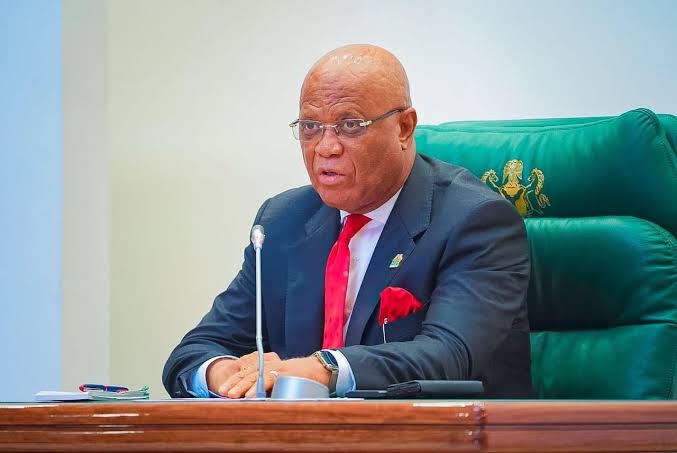
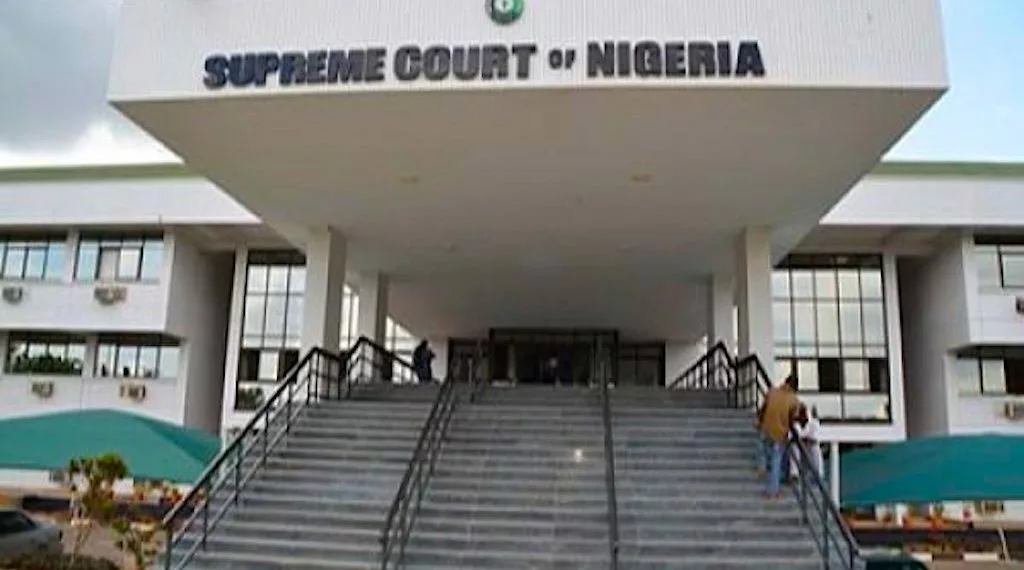




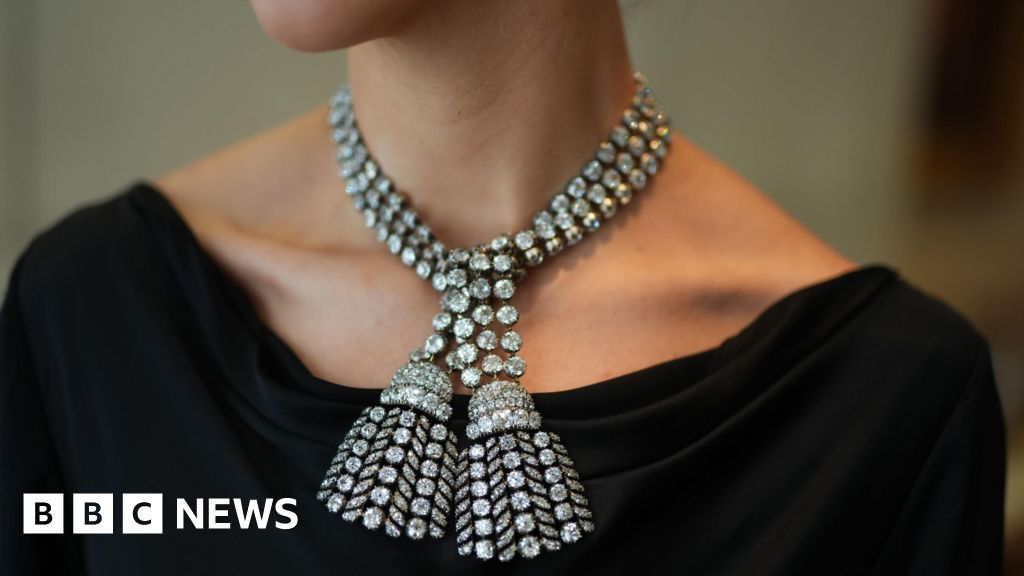



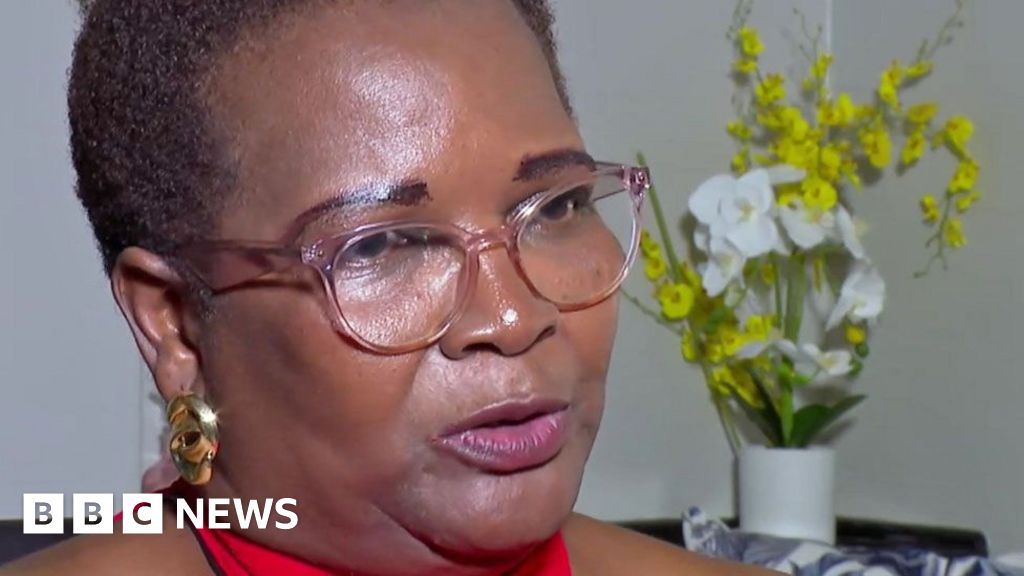


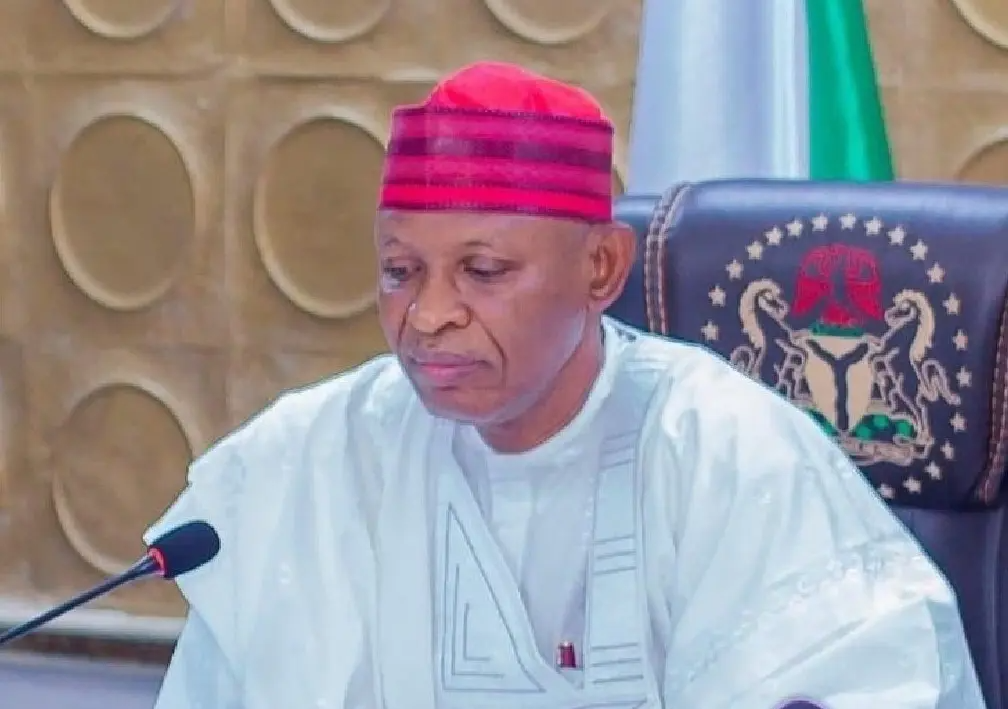

 English (US) ·
English (US) ·